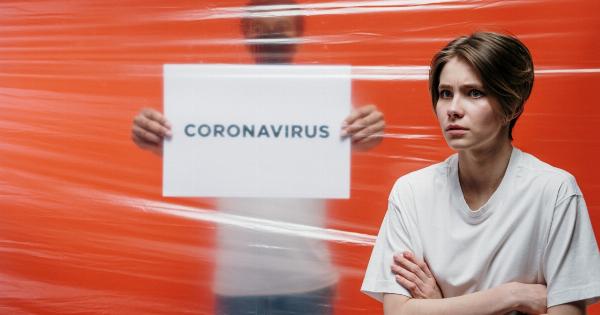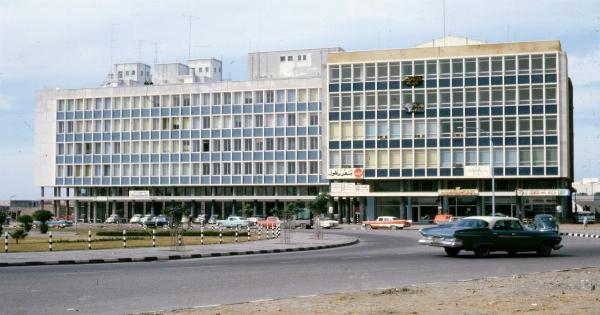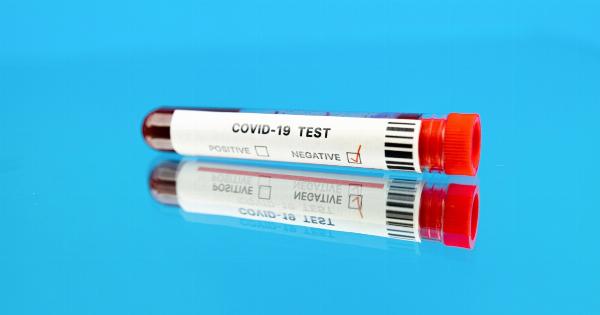Recently, the World Health Organization (WHO) has issued a dire warning about the escalating Middle East Respiratory Syndrome (MERS) crisis in Saudi Arabia.
This virus, which was first identified in 2012, continues to pose a significant risk to public health in the region. With the number of cases rising rapidly, it is crucial to understand the causes, symptoms, prevention, and treatment of this dangerous disease.
What is MERS?
MERS, or Middle East Respiratory Syndrome, is a viral respiratory illness that is caused by the MERS-CoV coronavirus. The disease is characterized by severe respiratory distress, fever, and coughing.
It was first reported in Saudi Arabia in 2012 and has since spread to several other countries in the Middle East, including Jordan, Qatar, and the United Arab Emirates.
Symptoms of MERS
The most common symptoms of MERS include:.
- Fever
- Cough
- Shortness of breath
- Chest pain
- Difficulty breathing
In some cases, MERS can also lead to more severe complications such as pneumonia and kidney failure.
It is important to seek medical attention if you experience any of these symptoms, especially if you have recently traveled to or live in an area affected by the MERS outbreak.
Causes of MERS
MERS is caused by an infection with the MERS-CoV coronavirus. The primary mode of transmission is through close contact with an infected person.
This can occur through respiratory droplets produced when an infected person coughs or sneezes, as well as through physical contact with surfaces contaminated by the virus.
It is believed that MERS originated in camels and was transmitted to humans through direct or indirect contact.
However, human-to-human transmission has been documented in healthcare settings, highlighting the need for proper infection control measures to prevent the spread of the virus.
Prevention and Control of MERS
Preventing the spread of MERS requires a comprehensive approach that includes both individual and community-level measures:.
- Practice good hand hygiene by washing your hands frequently with soap and water, or using an alcohol-based hand sanitizer.
- Avoid close contact with individuals who are sick, particularly those with respiratory symptoms.
- Cover your mouth and nose with a tissue or your elbow when coughing or sneezing, and dispose of used tissues properly.
- Clean and disinfect frequently-touched surfaces regularly, especially in healthcare settings.
- Wear a mask if you are taking care of an individual with respiratory symptoms, or if you have respiratory symptoms yourself.
Additionally, the WHO recommends that travelers to countries affected by the MERS outbreak should avoid close contact with camels, avoid consuming raw or undercooked camel products, and follow general food safety and hygiene practices.
Treatment of MERS
Currently, there is no specific antiviral treatment for MERS. Supportive care, including management of symptoms and complications, is the mainstay of treatment for individuals infected with the virus.
In severe cases, hospitalization and intensive care may be required to provide respiratory support and prevent further complications.
Researchers are actively working to develop vaccines and antiviral drugs against MERS.
In the meantime, early detection, prompt medical attention, and strict infection control measures are crucial in controlling the spread of the virus and reducing the impact of the ongoing crisis.
The Road Ahead
The MERS crisis in Saudi Arabia and other affected countries is a grave concern for public health officials around the world. The rapid rise in cases underscores the urgency of comprehensive surveillance, prevention, and control measures.
The WHO, in collaboration with national health authorities, is actively monitoring the situation and providing guidance and support to affected countries.
Continued public awareness, adherence to preventive measures, and close collaboration between healthcare providers and public health officials are essential in tackling this ongoing crisis.
By staying vigilant and informed, we can work together to combat the MERS crisis and protect the health and well-being of individuals in Saudi Arabia and beyond.




























